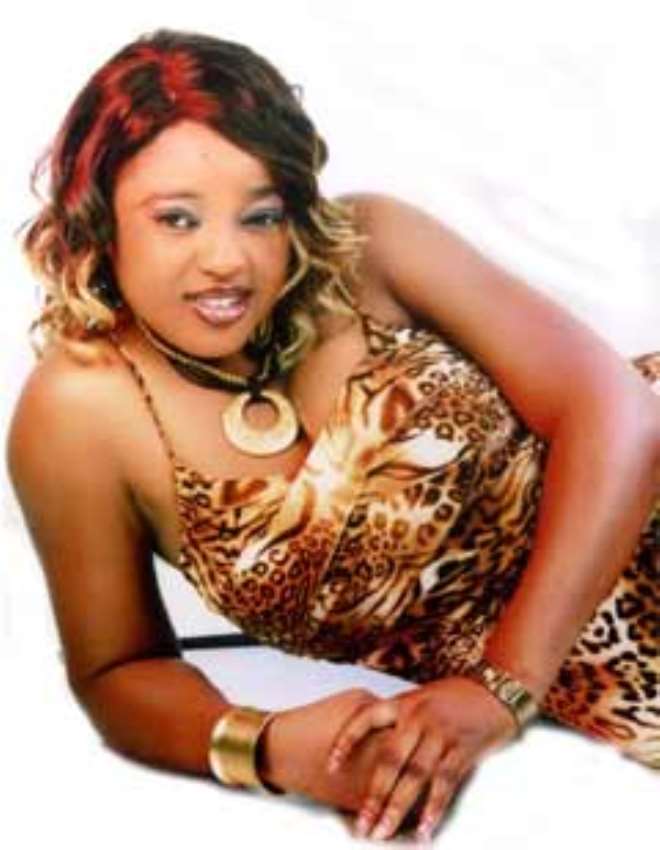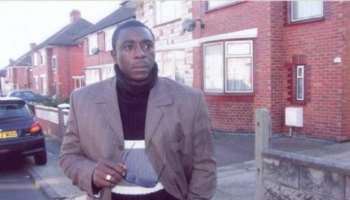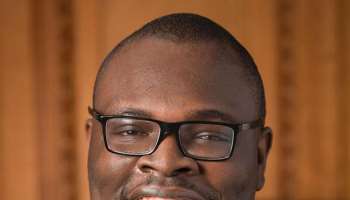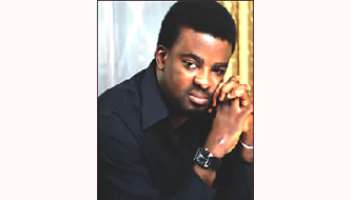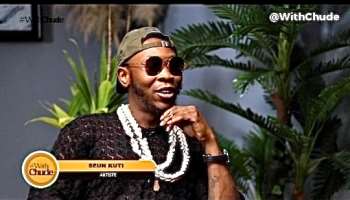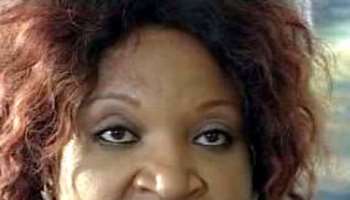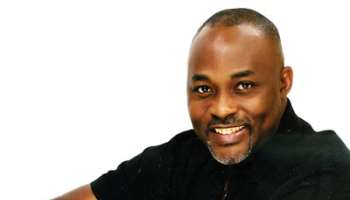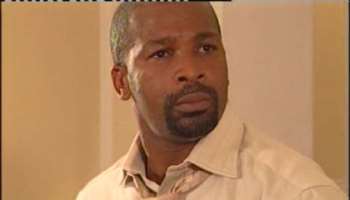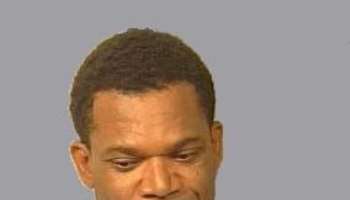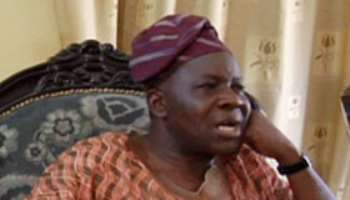I’d wanted to be a detective — Ejiro
P retty Ejiro Okurame is one of the fastest rising actresses in Nollywood. Educated at Ogun State University and Lagos State University , where she read Public Administration and Sociology respectively, the Isoko, Delta State born multi-talented artist, has starred in about forty movies, where she demonstrated her apt capacity in the interpretations of lines and characters.
In this conversation, McPhilip Nwachukwu, the soft spoken lady opened up on her world of movie, fashion and sports. This is her story. Excerpts
My name is Ejiro Okurame. I'm from Delta State and Isoko precisely. I have a Diploma in Public Relations from Ogun State University and a BSc. from Lagos State University, where I majored in Sociology. I'm also an actress and a registered member of the Actors Guild of Nigeria (AGN).
That's good. You look pretty, I must say. You said that you are an actress? Tell me the story of your acting career?
Story? Hmm, well, it is actually a passion that I have always had in me. I never majored in theatre arts but I had always felt I was going to become an artist. I had seen movies and had watched actors and actresses in movies and on stage and had always felt I 'd one day be like them.
Initially, I was into sports. I used to be my school's games prefect. I represented my school in tournaments and only stopped active sports when I was in 300 levels at the Lagos State University after we went for the West African University Games.
I was also into modelling; until a colleague told me that since I had passion for movies that we should go and register with AGN. So, we went together to the National Theatre and got registered in 2003. We got registered towards the end of the year and because the year was coming to an end, I was not given any role.
I was given my Identity Card in January of the following year and also received my first job in that month too. My first role was in a movie titled Schemer and it was directed by Andy Chukwu in January, 2004.
I played alongside the likes of Rita Dominic and Bimbo Akintola. I was Rita Dominic's friend and I played the role of a good girl trying to teach her realities of life. It was a life changing experience for me because Rita welcomed me and helped me to run my lines. Even when I made mistakes in some of the lines, she calmed me down and made me see reasons as to why I should be calm.
That's Rita Dominic?
Yes. Rita. Because I was her friend. She wasn't feeling too puffy or too proud. She tried to teach me and I remain grateful to her.
How would you describe your initial challenges on that first outing?
I was a bit tensed and nervous. And like I told you, Rita helped me a lot. Again, acting alongside such established names in the first movie was on its own another great challenge.
The director kept screaming, 'Ejiro, if you don't get it right, I will kick you out of this place' and all that. Though, such comments were meant to help me get my lines and acts correctly. But I was not shivering, only that I was nervous and tensed up.
Like I said earlier, I only went for one audition and after that, the director told me that they had completed the
Ejiro Okurame auditioning and that there was nothing they could do for me. However, he advised that I should wait to see perhaps if any person would drop her role.
I was somewhere at Ikeja shopping for some papers, when the director called that I should come. I wasn't really prepared psychologically for the task and I wasn't sure I was going to shoot.
So, I went straight to Surulere, where we were to meet. When I got there, I saw too many people. They had to shave my eyebrow, and this was something I hardly do. I also met so many people, whom I would come to know their jobs and names later.
Like the continuity person, I came to know what he does and the location persons and all that. So, it was quite a challenging experience because it was actually the first time I was playing in the midst of too many persons at the same time.
When I was in sports, it was different. We used to have some people around us, but we hardly had cameras come around us except from a distance. Basically, the challenges were really tasking.
But was it professionally right that you got into a movie without being auditioned?
I did the audition okay. Let me use the word, I was screened. God made it this way that Andy Chukwu was around the theatre that day.
I think he was one of the executives then, so, I was introduced to him and he asked me to wait because he just wanted to test my reading capability. After listening to my reading, he said okay, that I read very well but that there was nothing he could do because the audition had passed; but that if somebody dropped out, he would call me up. I was auditioned and I was screened.
Can you put a figure on how many movies you have starred in?
Wao, I don't know… quite a lot, I don't know. I have starred in more than thirty or forty movies and some of them I can't remember their names again. And still, there are some that are not out in the market.
Over time now, have you been able to master those initial challenges, the frustrations of starring alongside stars, the anxieties and tensions of first timers and all that?
Obviously it cannot occur now because I'm used to them. All I do now is teach new comers all that I have learnt from the elders. Right now, I can boast that if I'm given a script, in less than six hours, I'd deliver my lines because I have the experience.
Basically, there is nothing I'm going to be scared of. All you have to do is to get the line, be able to interpret the character, interpret it well, absorb it into your system, digest it and pour it out.
And it is not just delivering your lines. It has to also do with attitude. It has also to do with character. So, it is not only about the fact that you have a line to run, if there is no attitude, the story, the character will not be interpreted well.
You told me that you majored in Sociology?
Yes.
How has that field of study impacted on your career in the movie industry?
I read Sociology, I didn't read Theatre Arts. But while I was in school, the Theatre Arts annex was next to my own and I saw a lot of the drama they did. I still remember that one of their lecturers then was Sola Fosudo; and I always went around there to see what they were doing.
Now, having read Sociology, which has to do with society, I intend to nurture my sociology into theatre arts. I know I see and understand people. In as much as I read Sociology, I also know much about Psychology.
So most times, when you are given a script to interpret, you first of all put yourself in the shoes of that person you are representing on stage, put in your best to make sure the story comes out well.
So, Sociology really helped me because it has to do with a lot of people and how to understand people. I wanted to be a detective and thought that if I read sociology, I could know a lot about people and the society. And it has helped me.
So, which of the many movies you had starred in has been more tasking on you?
(…laughs)… which of the films? Well, the first one is The Last Order, where I played a police officer's wife. In that film, I was a wife that never allowed her husband to be. I was always beating him up. If he brings money home, I was never satisfied. At the end of the day, we always quarrelled to the extent that if his friends came to the house, I'd fight them as well.
It got to the extent that the director asked me if I did beat my boyfriend at home because I was playing the role so well.
The second one was almost similar because I was fighting all through again. I played the role of Esther Oghene, a married woman who still had boyfriends but never wanted to see her husband with any other girl.
So, for me, it was weird and I wondered at the character I was being made to play.
Have you had time to get worried that some of these roles could be replicated in your real life?
(laughs) It is a make-belief thing and I don't have that kind of fear. The only time I have had such kind of feelings was when I starred in My Love, My Soul and The Last Order because I was always shouting.
After each session, I would tell myself, I hope I would not end up going home to begin to shout at people; especially the men because we are supposed to be underneath the men.
But in these films, I was above them, I was sitting on top of their heads and screaming at them. No, no I've never had such feelings.
What was the reception like in your family, when you told them you were going into movies?
Hmm… the reception was fine. Initially, I didn't tell them I was going into movies. Even when I starred in the first two movies, I never told anyone.
I just left the house and went out to shoot. It was later that my daddy's friend called and told him that they saw me in a movie and all that. But they didn't believe the story because I never told anyone.
But somewhere along the line, they got to know, and they took interest and gave me their support. In my dad's case, he's always waiting for Friday to watch Everyday People with me on set. My sisters who live abroad always want me to send them copies of movies I star in. So the family has been very supportive.
How do you marry these two passions of movie and fashion?
They go together. When you have an event you want to attend, you cannot just put on anything. You need to take time to arrange your costumes and the accessories like shoes and hand bags. There is no way you can go to a dinner in a pair of jeans, since you know that a simple sexy gown will do. You have an award to attend, it goes with a flowing gown, something different from the ordinary.
Ejiro, how rich are you now?
I'm rich enough to buy my food and to fuel my car. Well, we thank God. But I want to get more money and do some other things.
There is no doubt that there are challenges and problems faced by all industries. As an insider in the movie industry, what is the problem of the industry?
The greatest challenge facing the industry, I believe, is the lack of support from the government. We need the government to be by our side. We need the government to support us financially.
There are jobs that we would want to do that would require that we shoot at some particular locations, but because of lack of government support, it becomes so difficult for us to get real interpretation of such jobs.
Take for instance, we are shooting a film that has to do with politics and we have somebody playing the president and some other people playing house of representatives members, you'd find that it would be very difficult for producers to get to Aso Rock to shoot the film. And this should not be so. This is like a setback for us.
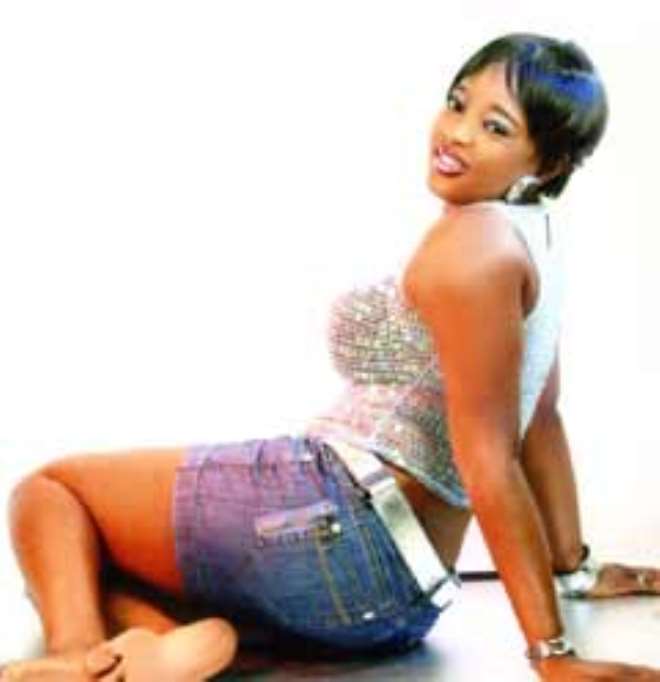
Latest News
-
 "If You're For Me, I Am For You" - Cubana Chief P
"If You're For Me, I Am For You" - Cubana Chief P -
 "3 Days To Go" - Femi Adebayo Urges Fans To Get S
"3 Days To Go" - Femi Adebayo Urges Fans To Get S -
 "Stop Asking Me Questions About Speed Darlington"
"Stop Asking Me Questions About Speed Darlington" -
 "Benue Is The Most Underdeveloped State I've Ever
"Benue Is The Most Underdeveloped State I've Ever -
 Stan Alieke Urges Young Professionals To Take Lin
Stan Alieke Urges Young Professionals To Take Lin -
 Chizzy Alichi Teases Fans With Baby Reveal, Promot
Chizzy Alichi Teases Fans With Baby Reveal, Promot -
 "I'm Not Wearing Makeup From July 4th Till Decemb
"I'm Not Wearing Makeup From July 4th Till Decemb -
 "Stop The Challenge Of Mocking Kids With Down Syn
"Stop The Challenge Of Mocking Kids With Down Syn -
 Regina Daniels Celebrates Sons As They Mark Birthd
Regina Daniels Celebrates Sons As They Mark Birthd -
 Speed Darlington Threatens To Sue NAPTIP For Defam
Speed Darlington Threatens To Sue NAPTIP For Defam


